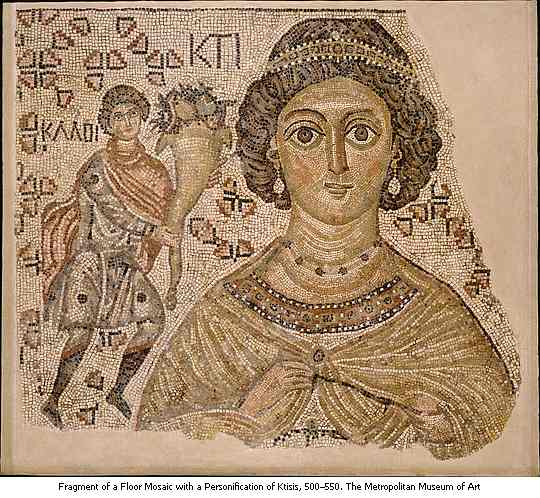- About Us
- Latest News
- Calendar
- Education
- School History
- ELA - For Toddlers
- Greek as a Second Lang.
- Greek as a Primary Lang.
- Conversational Skills (Online)
- Online Greek Courses
- Greek for Adults
- Ancient Greek
- Open Seminars
- Creative Drama
- Traditional Greek Dance
- Apply to Teach
- Holiday Program Enrolment
- Excursion - Museum
- School Polo Order Form
- Parent Notice to School
- Community Churches
- Membership
- Greek Centre
Greek Orthodox Community of Melbourne and Victoria
Event

- Title:
- Open Lecture: Justinian, Theodora and their historians
- When:
- 10.07.2014 19.00 h
- Where:
- The Ithacan Philanthropic Society - Melbourne
- Category:
- Education
Description
Presenter: Roger Scott
Entry: Free
Synopsis
The long reign (527-565) of the emperor Justinian is usually presented as one of great success with the recovery of the western part of the empire, the building of Hagia Sophia and the Codification of Roman Law.
Hence a book published in 1967 by a distinguished French scholar has the title The Golden Age of Justinian, though another distinguished Oxford scholar compares Justinian to Hitler. His colourful wife Theodora also has a mixed reputation.
A contemporary source attributes to her alone Justinian’s survival from a major revolt early in his reign (the Nika riot, January 532), but that same source in another work also describes Theodora as a prostitute and likens both Justinian and Theodora to demons. The paper will look at Justinian and Theodora and the treatment of their reign in two contemporary sources, Prokopios and Malalas.
Biography
Roger Scott is a Principal Fellow in the School of Historical and Philosophical Studies at Melbourne University after retiring as Associate Professor and Reader in Classical Studies.
He is a Fellow of the Australian Academy of the Humanities and a former President of the Australian Association for Byzantine Studies and of the Classical Association of Victoria. His most recent book is Byzantine Chronicles and the Sixth Century (2012).
Sponsors
We would like to thank Elly Symons and Dr Maria Atlas-White for sponsoring tonight’s lecture. Such initiatives assist us in providing these lectures free to the public. If you would like to participate as a sponsor from as little as $100 please send us an email: This e-mail address is being protected from spambots. You need JavaScript enabled to view it
We would also like to thank our corporate sponsor:

Venue
- Venue:
- The Ithacan Philanthropic Society - Website
- Street:
- Level 2, 329 Elizabeth Street
- Postcode:
- 3000
- Suburb:
- Melbourne
- State:
- VIC
- Country:
-

In October 1916, the Ithacan migrants of Melbourne established the ITHACAN PHILANTHROPIC SOCIETY "The Ulysses", with an inaugural membership of some 153 members. This was in response to pleas for aid from their loved ones in Ithaca who were suffering deprivation during the First World War.
Over the years, however, the Society has been much more than just a philanthropic institution. It has been a constant in the lives of the early Ithacan migrants replacing the homeland which they had left.
The Society takes an active role in the cultural, social, educational and quality of life interests of the Ithacan Community. The Society, as part of its philanthropic role, also makes many monetary contributions to worthy causes, including those outside the immediate Ithacan community. The Society celebrated its 90th Anniversary in 2006.
EventList powered by schlu.net



